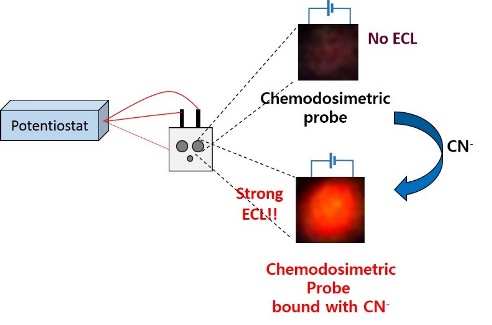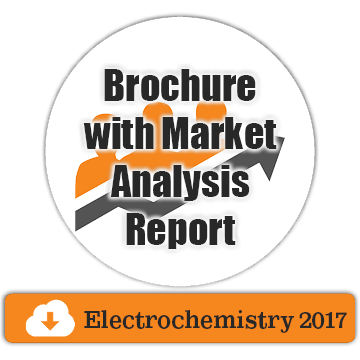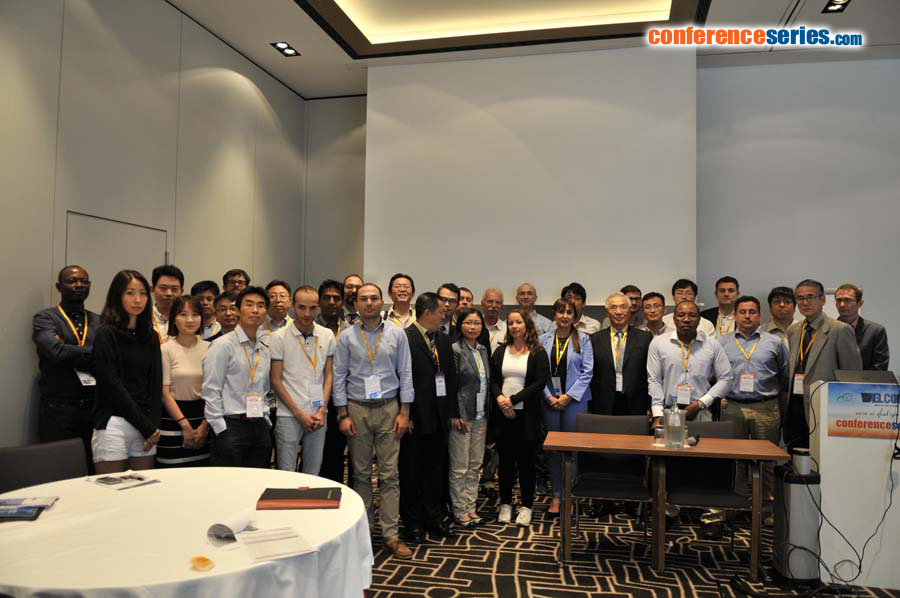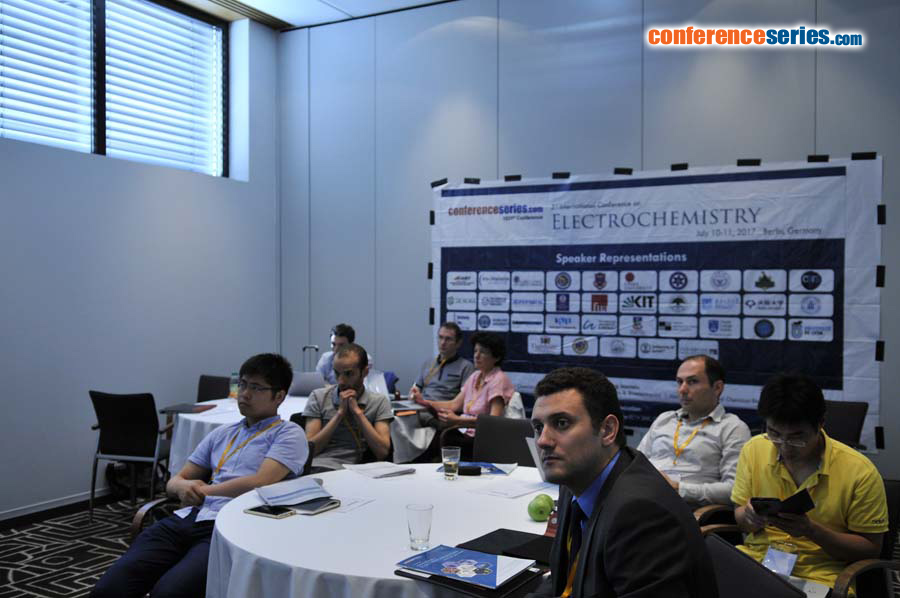
Ik-Soo Shin
Soongsil University, Republic of Korea
Title: Electrochemiluminescent Chemodosimetric Sensor for Rapid Determination of cyanide
Biography
Biography: Ik-Soo Shin
Abstract
Recently, the use of electrochemiluminescence (ECL) has drawn great attention due to its advantages such as high sensitivity, wide linear response range, good reproducibility and easy operation. However, ECL sensing of small molecules is still a great challenge because most of ECL detection methods have been developed via specific biomacromolecular recognition such as antibody-antigen and aptamer-protein interactions. In the talk, I will introduce about one of recent researches, the ECL chemodosimeter for the rapid determination of cyanider. A organometallic iridium(III) complex (1) with phenyl isoquinoline main ligands is rationally designed and synthesized for the ECL “turn-on” molecular probe, and the dicyanovinyl branch attached to the end of the main ligand plays as a role of recognition site for cyanide. Upon the reaction with cyanide in aqueous solution, 1 displays drastically enhanced ECL emission with widely linear correlation between 0-0.40 mM of cyanide when the concentration of 1 is fixed to 10 uM. The method can be successfully applied in direct determination of cyanide in tab water, and the result shows that it is versatile enough for the rapid point-of-care determination of cyanide in the presence of interferences even with high reliability and reproducibility. Theoretical studies were carried out for the rational design of the probe by predicting its HOMO/LUMO energy levels as well as electronic distributions. This ECL-based chemodosimetric sensor suggests a new and versatile analysis platform for rapid determination of molecular toxins in real samples




